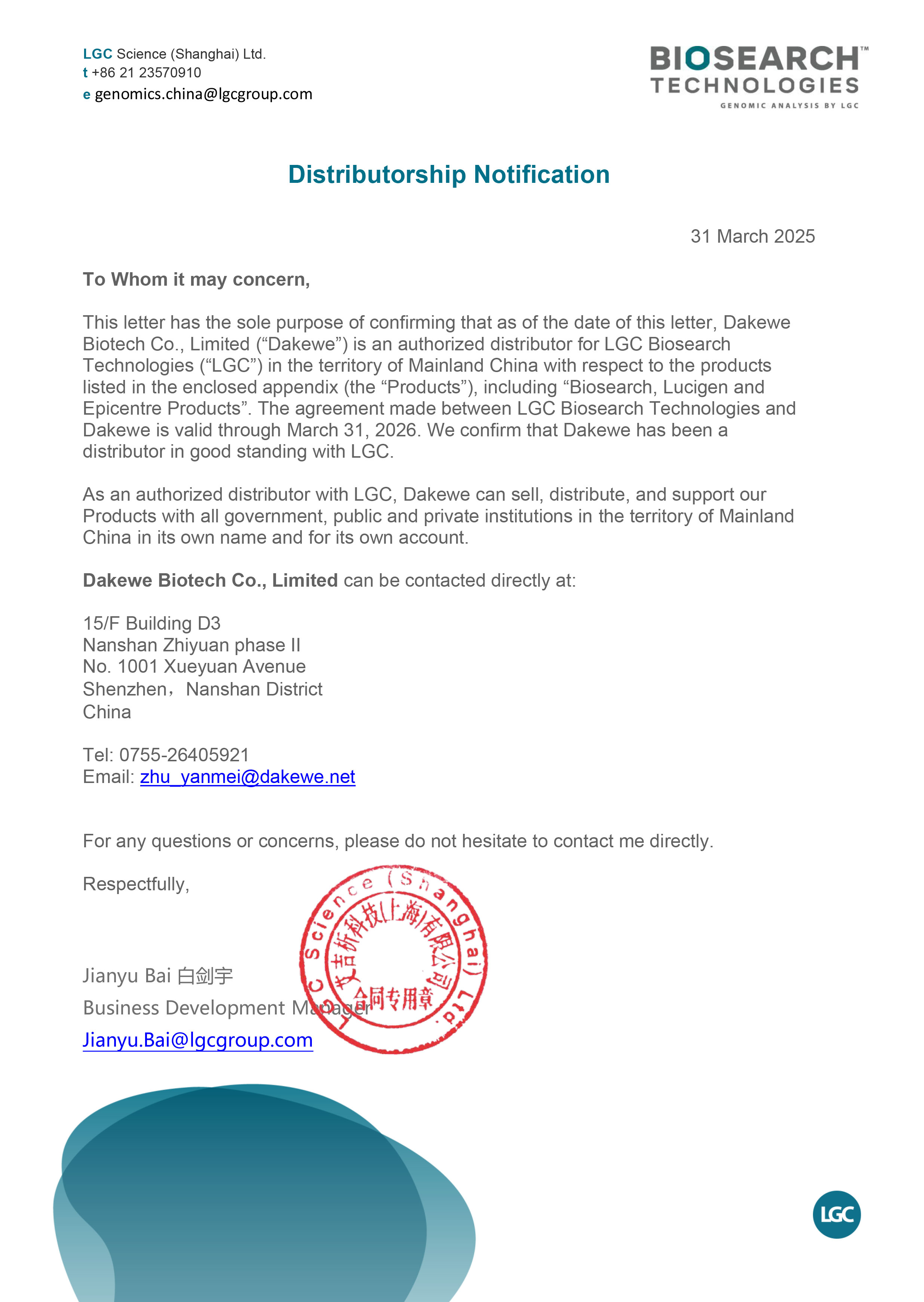 首页>
生物试剂
首页>
生物试剂
商家描述
商家资质信息
产品评价(0)
E. coli BL21(DE3) strains, like E. cloni™ EXPRESS Competent Cells provide reliable expression of many genes cloned into T7 expression vectors (e.g.., pET or pSMART™-cDNA vectors). However, in some cases expression is minimal or not detectable because the recombinant protein, when expressed, is deleterious or lethal to these standard BL21 strains. Examples of such toxic proteins include many membrane proteins, some cytoplasmic proteins, and nucleases. Unfortunately, successful expression of one or more toxic proteins is often important to the experimental goal.
OverExpress Electrocompetent and Chemically Competent Cells are E. coli strains that are effective in expressing toxic proteins from all classes of organisms, including eubacteria, yeasts, plants, viruses, and mammals. The effectiveness of these new strains in expressing toxic proteins has been validated in more than 350 publications.
The OverExpress strains contain genetic mutations phenotypically selected for conferring tolerance to toxic proteins. The strain C41(DE3) was derived from BL21(DE3). This strain has at least one mutation, which prevents cell death associated with expression of many recombinant toxic proteins. The strain C43(DE3) was derived from C41(DE3) by selecting for resistance to a different toxic protein and can express a different set of toxic proteins to C41(DE3). Figure. 1 graphically illustrates the advantages of the OverExpress Competent Cells, compared to standard BL21(DE3) cells, in expressing toxic proteins.
 会员登录
会员登录.getTime()%>)
 购物车()
购物车()

 成功收藏产品
成功收藏产品
